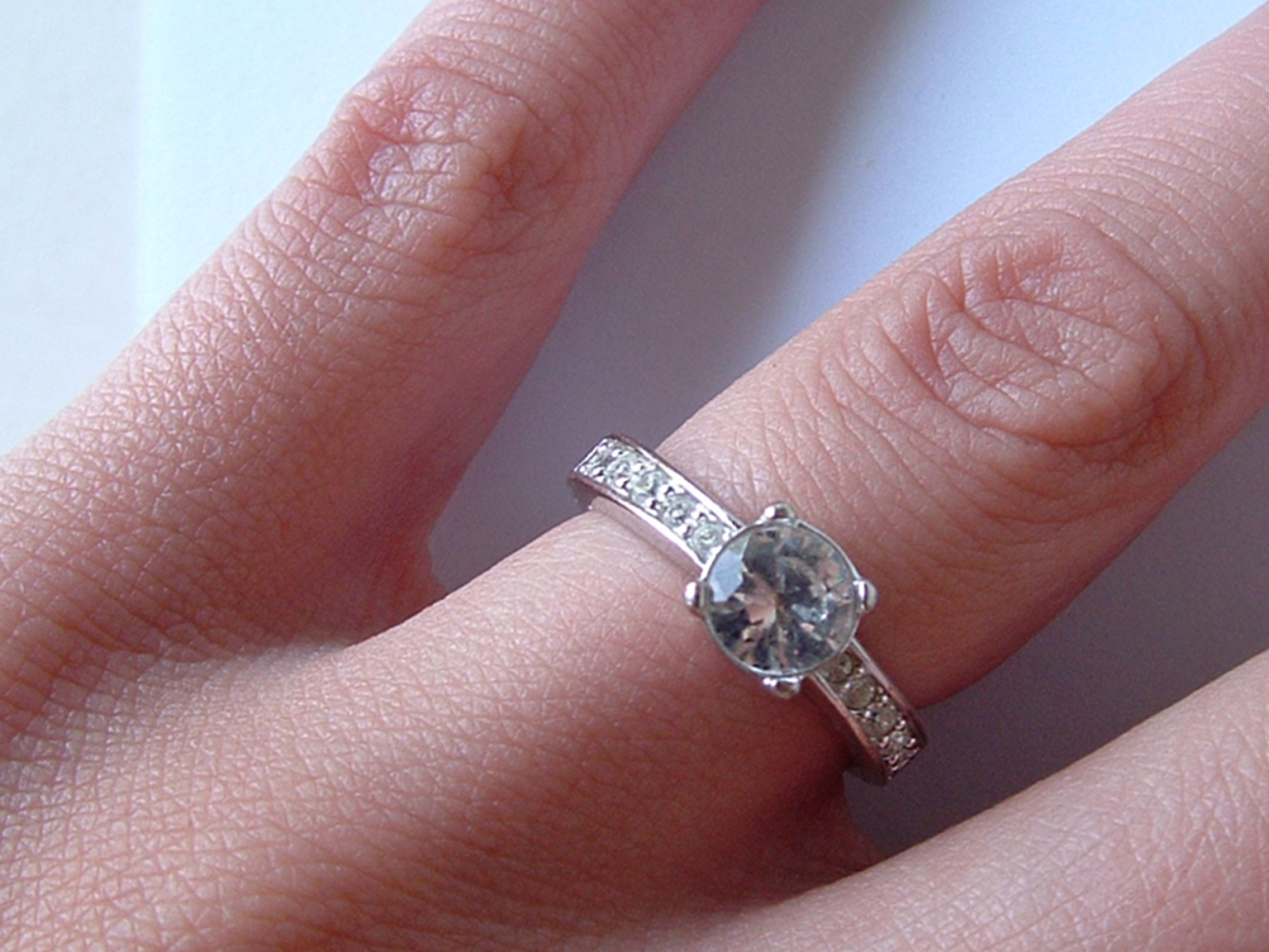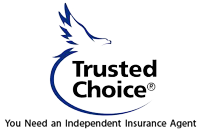 Purchasing an engagement ring is a big decision and you should be equipped with the right information before making your purchase.
Purchasing an engagement ring is a big decision and you should be equipped with the right information before making your purchase.
Here’s a guide on making a purchase that will make your fiancée, bank account, and our Trusted Choice® independent insurance agents say “Yes!â€
Brace the bank
An engagement ring is an investment, and (thankfully) you get to dictate how much you’re willing to risk. According to www.theknot.com in 2013, the average cost of an engagement ring is $5,431. If that price makes you cringe, no worries — you can still find a great ring for a little less, but read the next section to ensure you don’t compromise quality for price.
Understanding Girls’ Best Friend
There are four elements to determining quality of a diamond- carat, clarity, color, and cut. Educate yourself on these elements. A carat is a diamond’s weight, not size, so don’t be fooled by how big a diamond may seem; the clarity is an assessment of a diamond’s internal and natural characteristics. The color and cut of a diamond depends on preference; color is graded on an alphabetical scale, and cut varies, but affects the way the gem shines.
Certified and Appraised
Ask the jeweler for the assessment of the diamond and a GIA diamond grading report. An assessment of the diamond on the jeweler’s stationary protects you in the event that the jeweler misrepresented the value and facts about the ring.
A GIA diamond grading report also serves as backup verification for your purchase— the Gemological Institute of America is the most respected lab in the world. If your jeweler cannot provide the assessment or GIA report, back out of the store slowly and find another jeweler.
Now the REAL big question: Who should insure the engagement ring?
You proposed, but your fiancée will live in their condo until the big day — what do you do? This is a matter of insurable interest. When you purchase valuables (like an engagement ring) for someone else and you want to insure the item, you are trying to create insurable interest. Insurable interest says, “I have a strong interest in this item but it does not reside in my home with me; however, I should be able to insure it for a period of time.â€
The easiest way to create insurable interest for the person in possession of the ring is to make the use of the ring by her conditional … i.e., you still own the ring and it doesn’t become your future spouse’s until you both are married. Until that time, you have an insurable interest and there should be coverage under your policy.
If you make ownership conditional on marriage, you likely have an insurable interest and can insure it yourself. Since most homeowners policies limit theft of jewelry to about $1,500 (some less, some more), the ring should be scheduled on his homeowners policy. An alternative is for your fiancée to insure it on their policy since coverage usually extends to any property you use, not just property you own. This assumes that either or both have homeowners policies (or they live at home and are covered by their parents’ policies). When you are married, you both should have a single homeowners policy with both as named insureds and the ring and other jewelry scheduled on the policy.
Be sure to talk to our Trusted Choice® independent insurance agents about all of your options and steps to getting your new future off to a bright start!




Leave a Comment